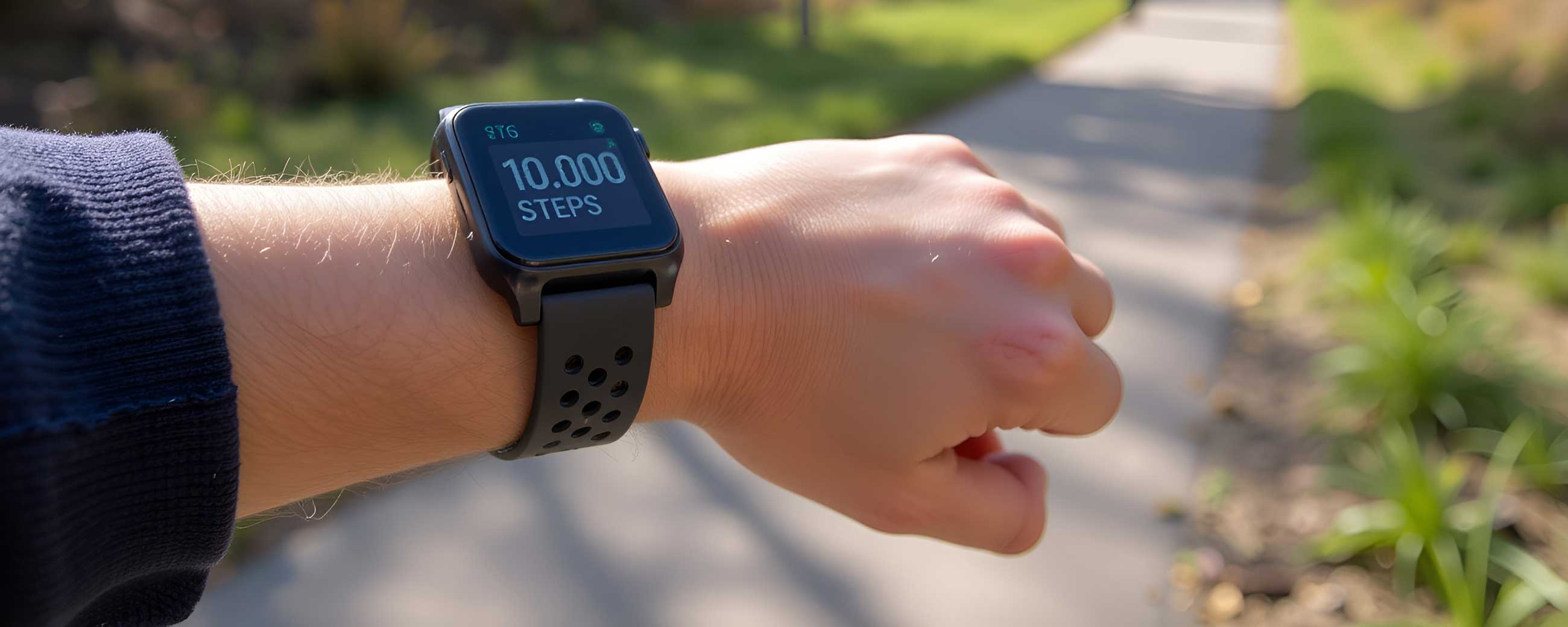
Why You Shouldn’t Call People Diabetic
Calling a person with diabetes ‘diabetic’ isn’t just potentially offensive. It may cause medical harm.
What do you call someone once they are diagnosed with type 1 or type 2 diabetes? A person with diabetes? Or a diabetic?
Like much in our national discourse where the subject of sensitivity is concerned, the ‘person with diabetes’ vs. ‘diabetic person’ debate has become a polarizing one. Some argue that calling a person a ‘diabetic’ is offensive because diabetes isn’t something you are, it’s something you have. Others say calling someone ‘diabetic’ is fine, and people who are offended are being too sensitive.
So where does Virta Health stand on this issue? Well, if you’re calling someone ‘diabetic,’ we think it’s time for you to stop. Here’s why.
The Cycle of Language
If you grew up calling people type 1 or type 2 ‘diabetics,’ don’t feel bad. Many of us did. But it’s important to remember that language changes. Usage evolves, and the words that were harmless a generation ago can become offensive over time.
It was once acceptable to call disabled people ‘crippled’, but now, that usage seems obviously degrading. Likewise, look at the word Martin Luther King Jr. used to refer to Black Americans in his famous “I Have A Dream” speech. It is a word that is considered offensive today, but MLK used it 15 times, because usage has since changed.
Some might argue that there’s no point in trying to keep up with usage. Doesn’t the very fact that a word can be inoffensive one day and offensive the next prove that all of this is arbitrary, and the people who are choosing to be offended by a term are just picking a fight?
The words we use shape how we think about things.
No. The words we use shape how we think about things. They contain the ability to uplift or to stigmatize. And most importantly, they have the ability to empower the disenfranchised. That’s why it’s so critically important to honor what the people most personally affected by those words want to be called, and to also allow them to move away from terms when they no longer feel empowered by them.
In other words, eliminating ‘diabetic’ from your vocabulary is a matter of empathy. And better societies are built upon empathy.
‘Person with Diabetes’ vs. ‘Diabetic’: The Medical Argument
But the reason you should stop calling people ‘diabetics’ isn’t just about not being offensive to people with diabetes. It’s about the potential of causing real physical harm.
In a paper published by the American Diabetes Association (ADA), using the word ‘diabetic’ to refer to a person with diabetes was linked to worse health outcomes. Calling someone ‘diabetic’ can trigger a stress response, causing the body to release corticosteroids, which can lead to high blood glucose levels, inflammation, increased risk of infection, and decreased wound healing. The ADA’s conclusion? “By contributing to stress in people with diabetes, negative words [like diabetic] potentially can exacerbate an already unhealthy situation.”
So calling someone diabetic doesn’t just risk hurting their feelings. It’s potentially an act of harm, because it may make their diabetes worse.
The Takeaway
The move away from calling people ‘diabetic’ is part of a larger movement in health to shift away from objectifying people by their condition. That’s why ‘person with diabetes’ has become the preferred term.
‘Diabetic’ is still okay to use as an adjective to describe anything but a person. You can talk about diabetic sepsis, diabetic diets, and diabetic equipment. But people with diabetes shouldn’t be called diabetics, because it reduces that person to only one aspect of what they are. Besides, for many people with type 2 diabetes, the diagnosis doesn’t have to be permanent. It can be reversed!
If you are diagnosed with type 2 diabetes and want to live a healthier lifestyle, Virta Health may be able to help. By making healthy lifestyle changes in a medical setting with supportive resources like 1:1 virtual coaching, you can regain control of your health and feel like yourself again. See if you’re eligible for Virta Health here.

This publication is intended for informational purposes only and is not meant to be a substitute for professional medical advice, diagnosis, or treatment. Always seek the advice of your physician or other qualified health provider with any questions you may have regarding a medical condition or any advice relating to your health. View full disclaimer









